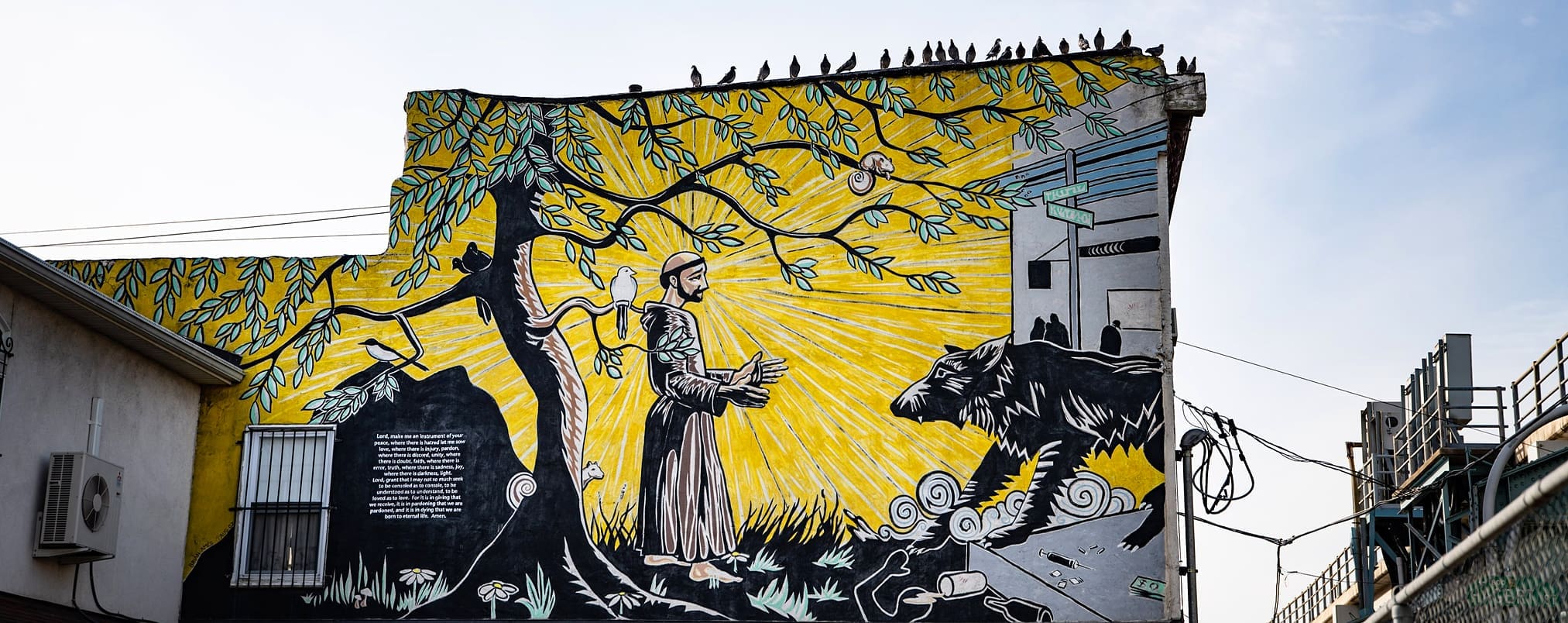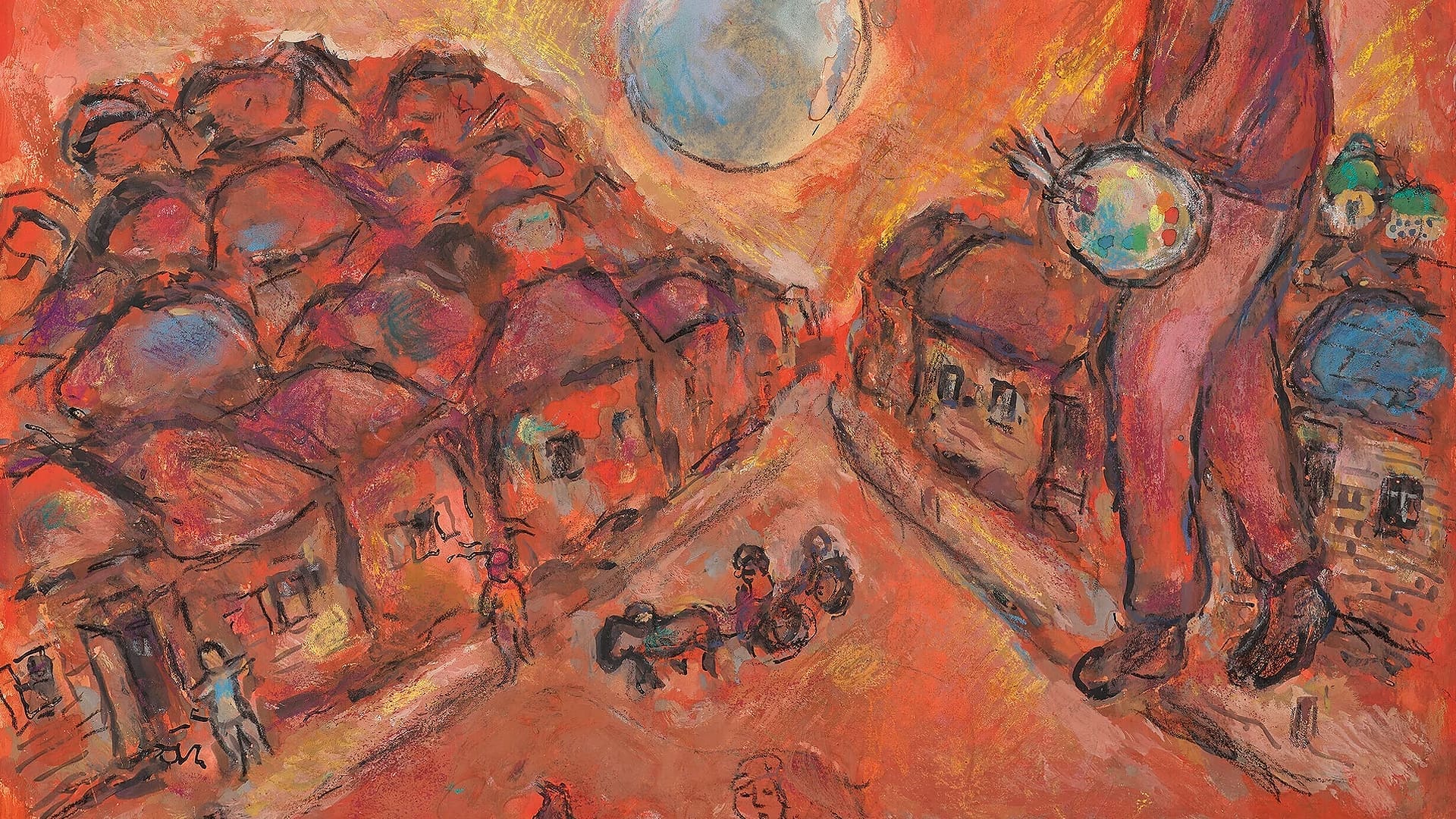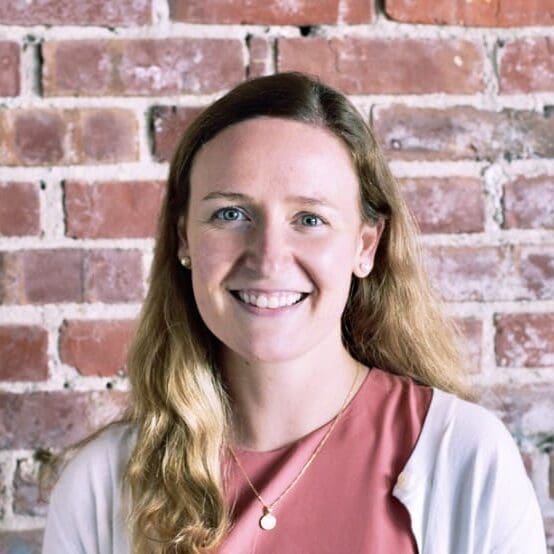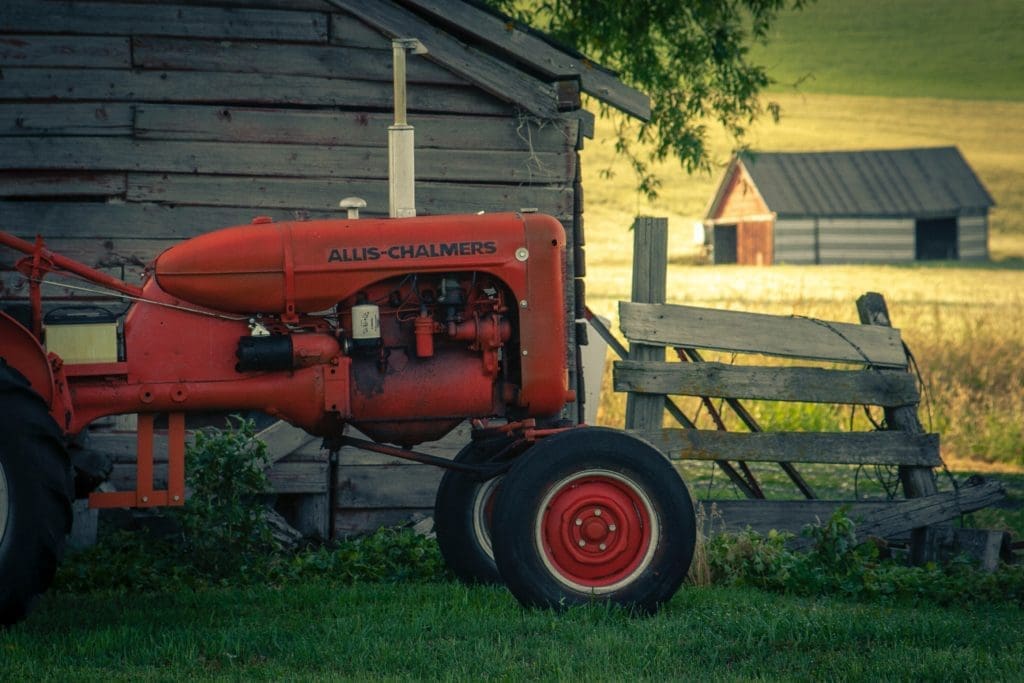T
Ten years ago, in the Daily Beast, Keli Goff declared that the American dream is dead and that she, at least, was happy to see it go. USA Today, she says, calculated that the “white picket fence” dream is out of reach because it costs approximately $130,000 annually, meaning only one in eight American families can afford it. Those numbers are probably different now, but they’re not even the main point. Goff goes on to say that, in the last fifty years, the number of people living alone has doubled. At the time of her writing, it was about one in three households. Citing the rising number of “childfree” adults, Goff argues that the very “dream” Americans have has changed. Marriage and children are no longer central, and it’s simply economically unattainable for most people. In conclusion, she suggests that people are pursuing instead something more akin to John Adams’s original definition of this phrase, which has to do with a “sense of meaning.”
Goff is right to separate the American dream from a purely consumer pursuit focused on specific types of houses or a specific income. I would argue, however, that even more than a “sense of meaning,” all people desire a place to belong, a place where they are known and valued. Maya Angelou writes that “the ache for home lives in all of us. The safe place where we can go as we are and not be questioned.” She’s right about that ache. We long for a place, or a community, that lets us be ourselves.
In Wendell Berry’s first novel, Nathan Coulter, the narrator, Nathan, and his older brother, Tom, lose their home when their mother dies and go to live with their Uncle Burley. Both boys wander their community of Port William, homeless at heart. After another terrible event, Tom ends up leaving town for good owing to a falling-out with his father. Though it seems he’s destined for a sad fate, he eventually finds what might be a truer home with Ernest and Naomi Russet, the details of which are discovered later in the short story “A Desirable Woman.” In the short story, we’re told that “when Tom Coulter came to the Russets, he came with a story and a reputation both of which were well known to Ernest Russet.” The Russets accept Tom, knowing what they know about him. To his credit, Tom also “had the reputation of a prime hand, and he was respected for his industry and honesty.” The Russets give him a place to live and work on their farm, and they value Tom without asking him questions.
As Angelou reminds us, this is what we all ache to find. Tom is given the space to live and be himself and grow into the man he wants to be, to feel useful and appreciated. He also offers the Russets, who are childless, the sense of having a son. Berry writes that “the Russets had come to love Tom Coulter as the son they had longed for but never had.” Both Tom and the Russets have truly found themselves at home: Tom has a place where he belongs and can be the man he wasn’t able to be on his father’s farm, and the Russets realize their dream of having a son to care for.
This story could have gone differently. Before working for the Russets, Tom had been living on his own for three years, working by day for other farms. He might have continued this way, being in the community but not of it, never belonging or being known and loved, becoming more and more isolated and disconnected. Some characters in Berry’s stories live this way. Port William is not a utopia.
The policy researcher Thomas O’Rourke writes for the Institute for Family Studies that although we are “increasingly focused on loneliness and social isolation, we may have neglected to realize that Americans’ bridging networks are in crisis.” The term “bridging networks” is taken from Robert Putnam’s book Bowling Alone. It refers to connections that link people across things such as race, class, or religion that typically divide. “Bonding social capital” is also important for Putnam, and this involves connections within a community where people have a sense of shared identity and belonging.
What O’Rourke finds in his research is that, increasingly, Americans distrust their neighbours and do not even know them. Our bonding social capital has decreased, creating fewer bridging networks. If we aren’t even connecting with people in our immediate community, we’re not likely to do so with those of a different race, class, or religion. All of this is connected to the rise in loneliness—which has only grown after the pandemic—and it means fewer people feel they have a place where they belong. A home.
There are efforts to change this growing isolation, of course. Putnam himself visited places where people are investing in their communities in unique ways and trying to renew them. He wrote about it in a follow-up to Bowling Alone, called Better Together, in which he offers ideas for people to connect with others in their neighbourhoods.
In a sense, we all need to think of ourselves as homemakers.
This cannot happen passively. As Putnam shows, it requires that people invest in their communities and help build the homes they seek. The Oxford English Dictionary says a homemaker is “a person who spends their time looking after a home and doing housework rather than being employed outside the home.” In a sense, we all need to think of ourselves as homemakers, even if our primary work is outside the home. We should all be people who are “looking after [our] home.”
In our communities—our workplaces, schools, churches, neighbourhoods—we make homes by looking after them. When we take time to know the people in these places and look after them, we will find ourselves at home.
This kind of love and attention requires real work. In Fyodor Dostoyevsky’s The Brothers Karamazov, the monastic elder Father Zosima says, “Love in action is a harsh and dreadful thing compared with love in dreams. Love in dreams is greedy for immediate action, rapidly performed and in the sight of all. Men will even give their lives if only the ordeal does not last long but is soon over, with all looking on and applauding as though on stage. But active love is labor and fortitude.”
When I left for college—and ever since then, really—I was always careful never to say “I’m going home” to refer to my residence. I would say, “I’m going back to my dorm” or “I’ll be back at my apartment later.” I wanted to distinguish those places from my “real” home. On the one hand, I wanted to recognize that I was temporarily living in those places and they were not “home,” in the sense that they were not where I was from. On the other hand, perhaps I didn’t see that I could make a home in those places. I may have unknowingly prevented myself from investing in those communities. Living this way was a self-fulfilling prophecy. The place you live won’t feel like home until you make it a home.
After college I lived in an intentional Christian community. It was part of a teacher-formation program that prepared us to be sent out to towns and cities—which we did not choose ourselves—to serve as teachers. In the preparation for our service-teaching assignments, we talked a lot about displacement. We had chosen to be intentionally displaced. We would be going to schools and communities different from those we had known, and we would feel at home there only if we got to know the people and their traditions and needs and histories.
Not only would we invest in our school communities, but we would also live with four to six strangers in a community house. We were members of this program, and we were all new teachers, but that’s about all we had in common. It was hard. We had to figure out how to make a home with one another. Our program required that we have community prayer nights, eat community dinners, share groceries and expenses, and spend one evening of the week together. Having some imposed structure, however, does not make a home. It was easy to go through the motions. In the evenings we were all tired from teaching every day. Teaching is demanding, and we had little energy to give when we returned at the end of each day. We still didn’t know each other that well. Active love is labour and fortitude.
We were six people living together, each teaching at different schools. We had moments of joy—going to each other’s school events for support, creating a trivia-night tradition, acting as sous-chefs for one another as we took turns cooking our community meals. Yet it wasn’t truly a home for any of us. I was frustrated. This was supposed to be different from a roommate situation. We had arguments and did not forgive one another well. Our water heater burst, and our refrigerator broke. We didn’t know how to share the responsibility of these things. People went away on the weekends to visit other friends. I often found myself alone, or with just one other community member.
I sought other communities for connection. I discovered a young adult book club at my parish and found a home there. I’ve asked myself why this unfolded the way it did. Why couldn’t my living community feel like a home but my book club did? I think it has to do with investment. Investment comes from the Latin investire, “to clothe in, cover, surround.” When I invest in a community, I “clothe” myself like them; I surround myself in their ways. The young adults I found were invested in one another; they lived life together. They welcomed me and wanted to get to know me. They invested in me, and therefore I wanted to invest in them. Although my living community was founded on Christianity and its mission stemmed from the teachings of the gospel, the people I found in my book club and the wider young adult group at my parish were not just inspired by the gospel; they were trying to live it. They were invested in it, and in one another. They “surrounded” themselves in the ways of Christ, and from this flowed a natural and genuine and active love of neighbour.
After two years and having completed the service-teaching program, I moved to a new city, had different roommates, taught in different schools, lived by myself, and attended graduate school. I still didn’t refer to my apartment as my home. Where I was living did not tend to be where I felt at home. Rather, I found a home among my co-workers who truly invested in my development. At my new school, I was welcomed, as Tom Coulter was by the Russets, and allowed the space to grow into my calling as a teacher. My principal would leave articles on my desk that he thought I might like to read. I was encouraged to apply for grants through which I could continue my own learning and create new opportunities for the students in my care. They knew me and appreciated the gifts I uniquely brought to the school. Later, home was with my peers in a new graduate program, people who took the time, despite a virtual learning environment, to get to know one another and become embedded in each other’s lives. They, too, were generous with their support and interested in knowing me. Despite differences in age, location, occupation, and background, we formed a true community striving together.
Home, really, is where we are known and our presence is welcomed. Living in Philadelphia, I volunteered at Saint Francis Inn, a Franciscan soup kitchen and social service centre in the Kensington neighbourhood. Guests came for a meal and other much-needed items. But they returned to Saint Francis Inn to see their friends—both the volunteer staff and the other guests they had gotten to know. Saint Francis Inn serves meals family style, so guests are seated at a table with others. Usually, they’re strangers, at least at first. But over time they get to know one another. Often, I noticed that groups of returning guests would arrive together and request a table where they could all sit and catch up. I think this is the closest to being at home that they felt.

In Flannery O’Connor’s short story “The Life You Save May Be Your Own,” Mr. Shiftlet says, “The body, lady, is like a house: it don’t go anywhere; but the spirit, lady, is like a automobile: always on the move.” Mr. Shiftlet views the body and the spirit as separate from each other but fails to see that they need to be integrated. He desires freedom (as we all do) but thinks freedom means being “always on the move,” not tied down, free of obligation. Greater and truer freedom, though, lies in being where we are—body and soul together—and choosing to love that place, to be a homemaker there.
Home, really, is where we are known and our presence is welcomed.
Jesus says in John 8:31, “If you make my word your home, you will indeed be my disciples, and you will know the truth, and the truth will make you free.” This is the freedom that Mr. Shiftlet struggles to find—that many of us struggle to find. It is the freedom St. Augustine was struggling to find when he uttered his famous phrase “Our hearts are restless until they rest in Thee, O God.” We can find—or rather make—a home when we invest in a place and its people. We feel at home when we are known and loved. It doesn’t matter as much where we are—in intentional communities, among virtual colleagues, at soup kitchens. But wherever we are, we desire home. Even when we do have these homes and are part of rich communities who care for us and for whom we care, that ache still lives in us.
Our souls are on the move, seeking to be known, seeking to return to our Father who made us and loves us. We find our home with him. And since Christ’s body is also his church, our home is also when we are in union with our neighbours. When we clothe ourselves like them, live alongside them, invest in them. It is a labour to love and to let ourselves be loved. It can be a harsh and dreadful thing—asking for forgiveness, opening ourselves to being wronged and misunderstood, enduring hardship—but love is our origin and our end. Where we put our love, there is our home.






